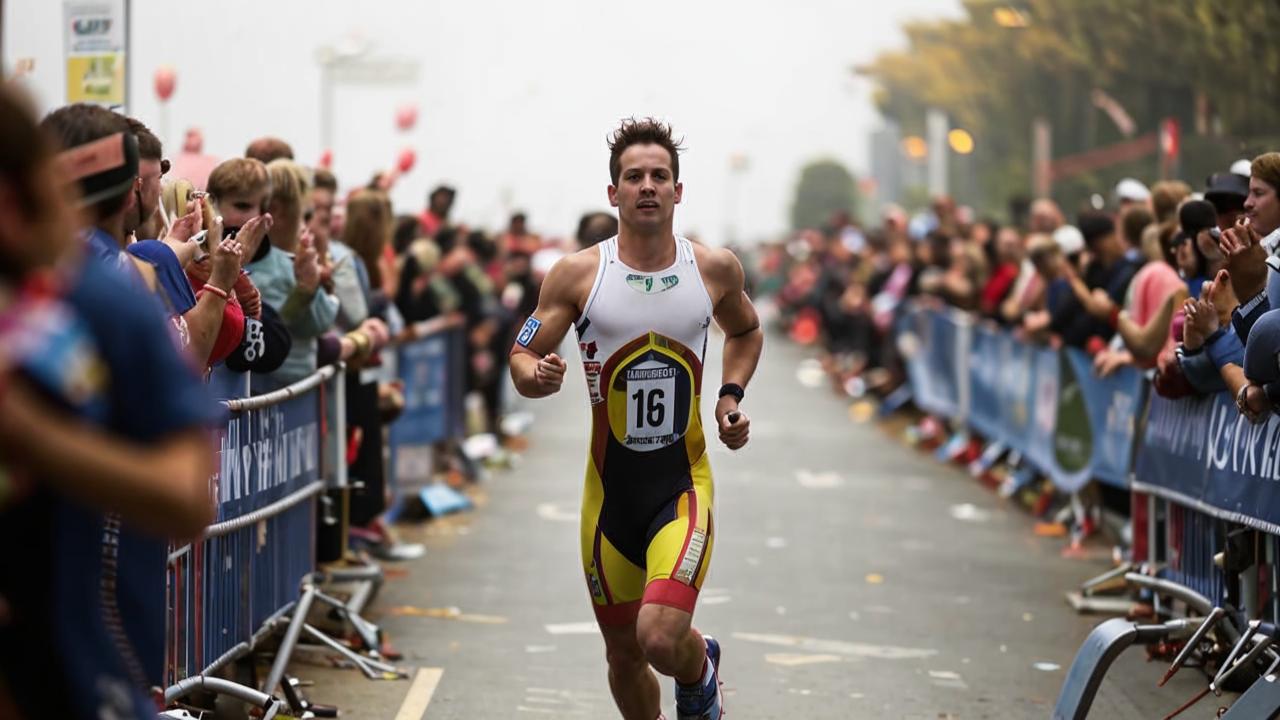Let’s find out together with a sports psychologist.
Emotional breakdowns and physical injuries sometimes occur during training or competitions. Sometimes situations arise when a seemingly promising athlete suddenly stops training. Why does this happen? One of the reasons may be excessive perfectionism.

sports psychologist
If you pay attention to the alarm bells in time, training will bring more pleasure and benefits.
How does perfectionism manifest itself in sports?
If in the pursuit of higher achievements, the athlete consciously devotes a lot of time to training and competition, this can be called the norm, this is the price of success. But when it comes to amateur sports, the question arises: How necessary is this?
Denis: The French philosopher Paul Valéry expressed his attitude to ambitious aspirations in a subtle and precise way. He said: “When you reach the goal, you realize that the path was the goal”. If we look at sport from this point of view, getting on the podium of a major competition is valuable if the path was not easy.

In addition, athletes can strive to improve their technique without being tied to a competition. They hone their strength, coordination, and beauty of movement. Another motive may be the need to compete with a strong opponent. With a weak is not interesting, but with a strong – “the very thing”.
The greater the ambitions and needs, the deeper the emotional involvement in the achievement of goals, the higher the demands an athlete must place on himself. And here we come to the very perfectionism.
Denis: To put it briefly, perfectionism in sports is a striving for the ideal realization of the possibilities necessary to achieve a goal. In complex-coordination sports it is the ideal fulfillment of elements, ligaments. In game sports – fast and accurate actions, “reading” the opponent, forecasting, when working in a team – well-coordinated interaction. In power and cyclic sports – it is precise, powerful efforts, keeping the rhythm, strength endurance. Each sport has its own requirements.
What can perfectionism lead to?
- Neuroses, emotional breakdowns, stress.
- Injuries due to loss of concentration on movements.
- Overwork: practicing an element many times without stopping, the athlete may not notice fatigue and even faint.
- Excessive muscle tightness, brain overload and subsequent reduction in the quality of training and performance.
- Reduced motivation to exercise due to constant failures.
Denis: Negative consequences can be avoided if you pay attention to the alarm signals in time. Close monitoring by the coach allows you to trace the moment when the athlete gets tired and further work is not in favor. The support of loved ones also reduces the need to conform to someone else’s expectations. In turn, this can reduce the need to be perfect. And then training becomes more enjoyable and rewarding.
In high-performance sports, every flaw increases the risk of injury and a mistake has a higher price tag. But in amateur – everything is much simpler, and there is no urgent need to fanatically practice technique. At least, if you are practicing not for the sake of prestigious medals, but to maintain your health.
If you don’t push yourself into limits, physical activity will only make you stronger. Moderation is important in everything, and this applies not only to sports.






